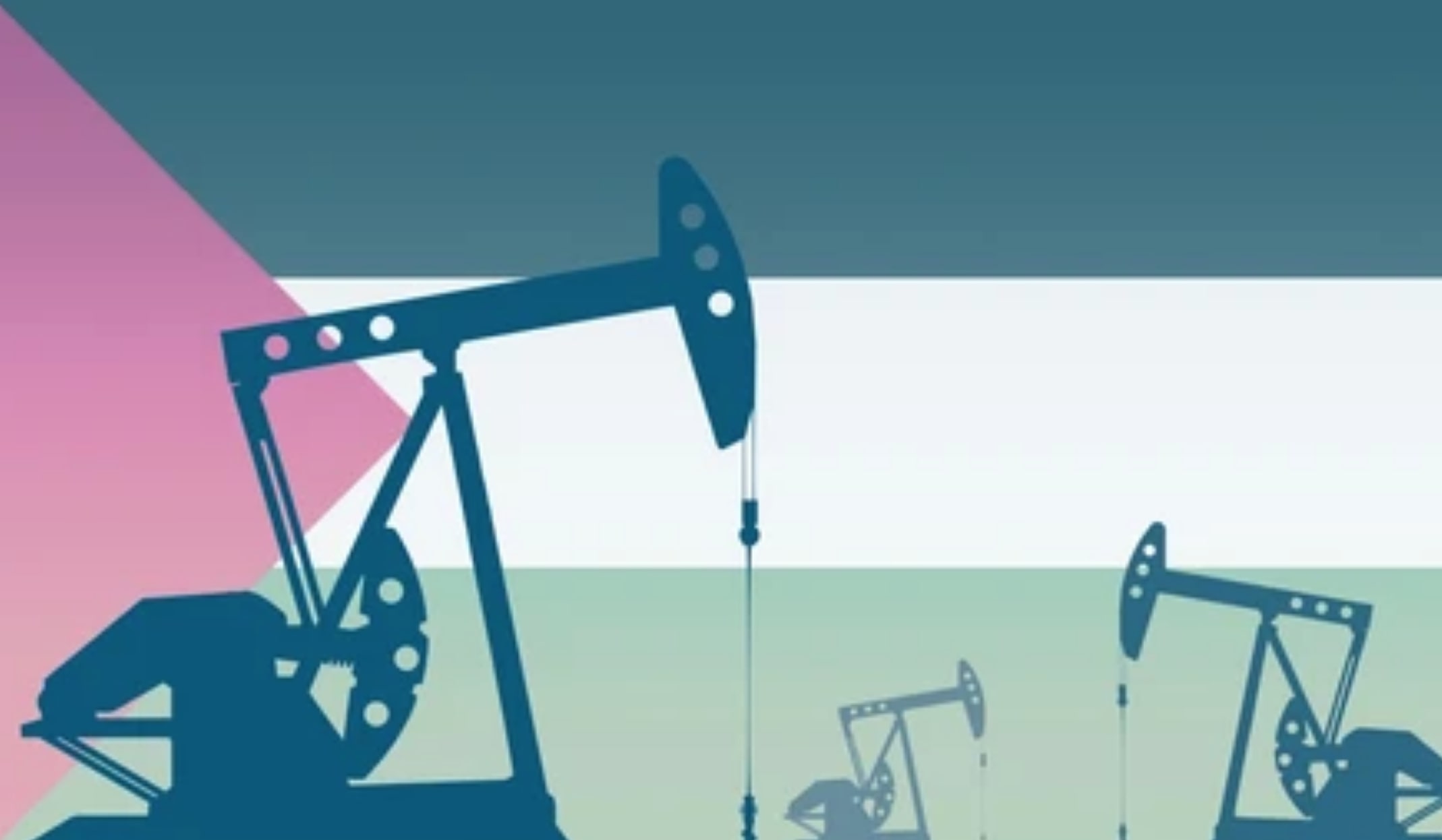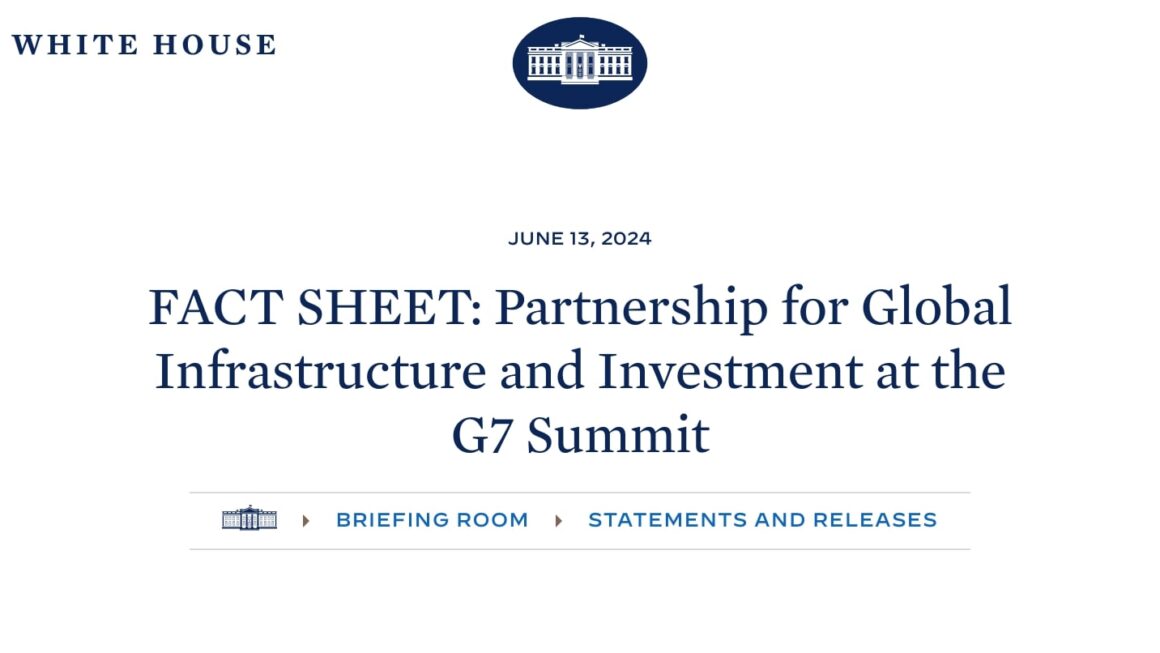A Path to Socioeconomic Progress and Regional Cooperation
Introduction: In the heart of the occupied Palestinian territory (oPt), beneath the surface of Area C in the West Bank and the Mediterranean coast off the Gaza Strip, lie vast and untapped reserves of oil and natural gas. These resources, recently brought to light by geologists and resource economists in a UNCTAD study, hold the potential to transform the socioeconomic landscape of the oPt and foster cooperation among regional stakeholders. This article explores the significance of these discoveries and their potential impact on the Palestinian people and the wider region.
The Unexplored Potential: The Levant Basin, a geological marvel, hosts newfound natural gas reserves totaling an estimated 122 trillion cubic feet, along with approximately 1.7 billion barrels of recoverable oil. These resources, if harnessed effectively, could generate a staggering US$524 billion in revenue. This windfall presents a unique opportunity to bolster the Palestinian economy, provide sustainable energy solutions, and contribute significantly to regional stability.
Barriers to Progress: Despite the promise these reserves hold, the Palestinian people have been systematically prevented from capitalizing on their own natural wealth. Occupation-related restrictions have denied them the ability to meet their energy needs, hindering economic growth and development. The exploitation of these resources by Israel further exacerbates the economic disparity, imposing substantial costs on the Palestinian population.
A Path to Socioeconomic Development: Unlocking the potential of these reserves could mark a turning point for the oPt. The generated revenue could be channeled into critical sectors such as education, healthcare, infrastructure, and technology, improving the quality of life for Palestinians. Additionally, investment in renewable energy initiatives could create jobs and promote sustainable development, laying the groundwork for a more prosperous future.
Regional Cooperation and Peacebuilding: Beyond its potential to elevate the Palestinian economy, the strategic management of these resources could pave the way for regional cooperation and peace. A transparent and equitable approach to resource distribution, involving all stakeholders, could foster trust and collaboration among historically divided parties. Shared economic interests could provide a common ground for dialogue and reconciliation, creating a conducive environment for lasting peace in the region.
Challenges and the Way Forward: The challenge lies in navigating the complexities of ownership, resource allocation, and international regulations. Addressing these challenges requires a comprehensive approach, involving detailed legal frameworks and international cooperation. Furthermore, promoting awareness about the potential benefits of these resources among the Palestinian population and the international community is crucial to garnering support for their responsible utilization.
Conclusion: Palestine’s untapped oil and natural gas reserves offer a beacon of hope for a brighter future amid longstanding challenges. By harnessing these resources wisely, the Palestinian people can overcome economic hurdles, foster regional cooperation, and pave the way for a more peaceful and prosperous Middle East. International support, coupled with a commitment to transparent and equitable resource management, holds the key to unlocking the full potential of Palestine’s energy wealth, empowering its people, and contributing to regional stability.














